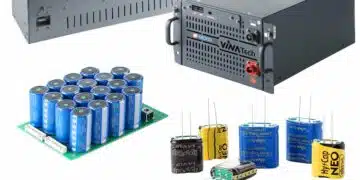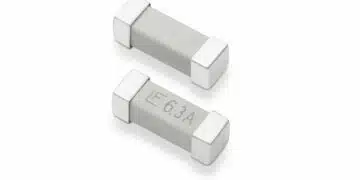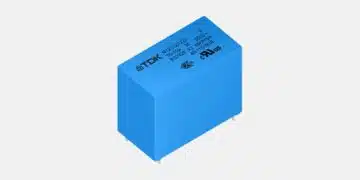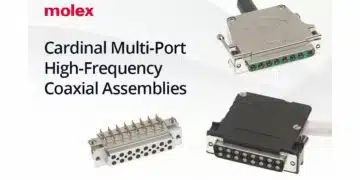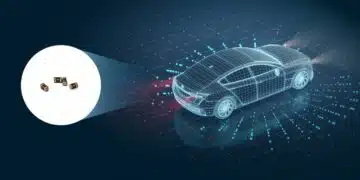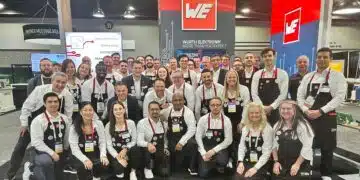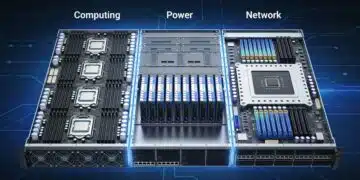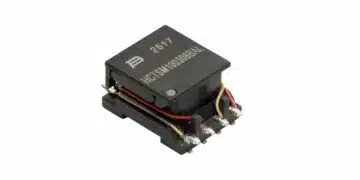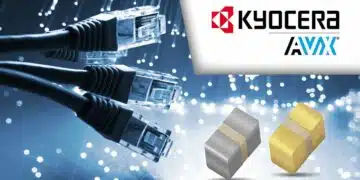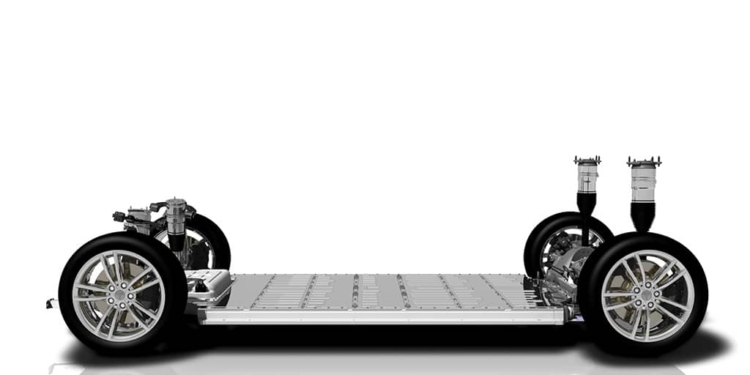Source: Electrive news
A few days ago Tesla announced the acquisition of Maxwell Technologies. What the electric car manufacturer is trying to achieve is now clear from new reports and a document published by Maxwell in 2018 on its patented dry electrode technology.
The acquisition of the San Diego-based energy storage specialist cost Tesla more than $200 million in shares. Now it’s clearer what’s behind it: the company apparently hopes to use Maxwell to create a new generation of batteries with improved performance and longevity, shorter charging times and lower prices.
Background: Maxwell not only produces super and ultra capacitors, which are currently being installed in hybrid cars for regenerative braking systems. The company is also working on so-called “dry electrodes”, which do not require solvents and are designed to significantly improve the performance of lithium-ion cells and reduce production costs. Maxwell managers told investors in January, that they expected strategic alliances around the new electrode technology within six months. The results speak for themselves: Tesla has struck in no time at all.
However, the new technology is not yet ready for series production, although Maxwell states that an OEM and a supplier are already involved in tests. Originally, the market launch of the dry electrodes was planned for 2022. Under the Tesla umbrella, the timeline is likely to be re-planned. It is also unclear how Maxwell will deal with current buyers of its capacitors, including Geely, GM, Lamborghini and PSA. We remember the acquisition of Grohmann: the German plant manufacturer disposed of all external customers within a few months.
New battery technologies are known to be the key to Tesla’s success. For years, the company has been trying to keep its manufacturing costs down. The low cell costs are considered Tesla’s most consistent competitive advantage over its competitors. CEO Elon Musk never tires of repeating this. The most recent example is the following commentary on the latest business figures: In terms of battery production, Tesla has the “best costs in the world”.


